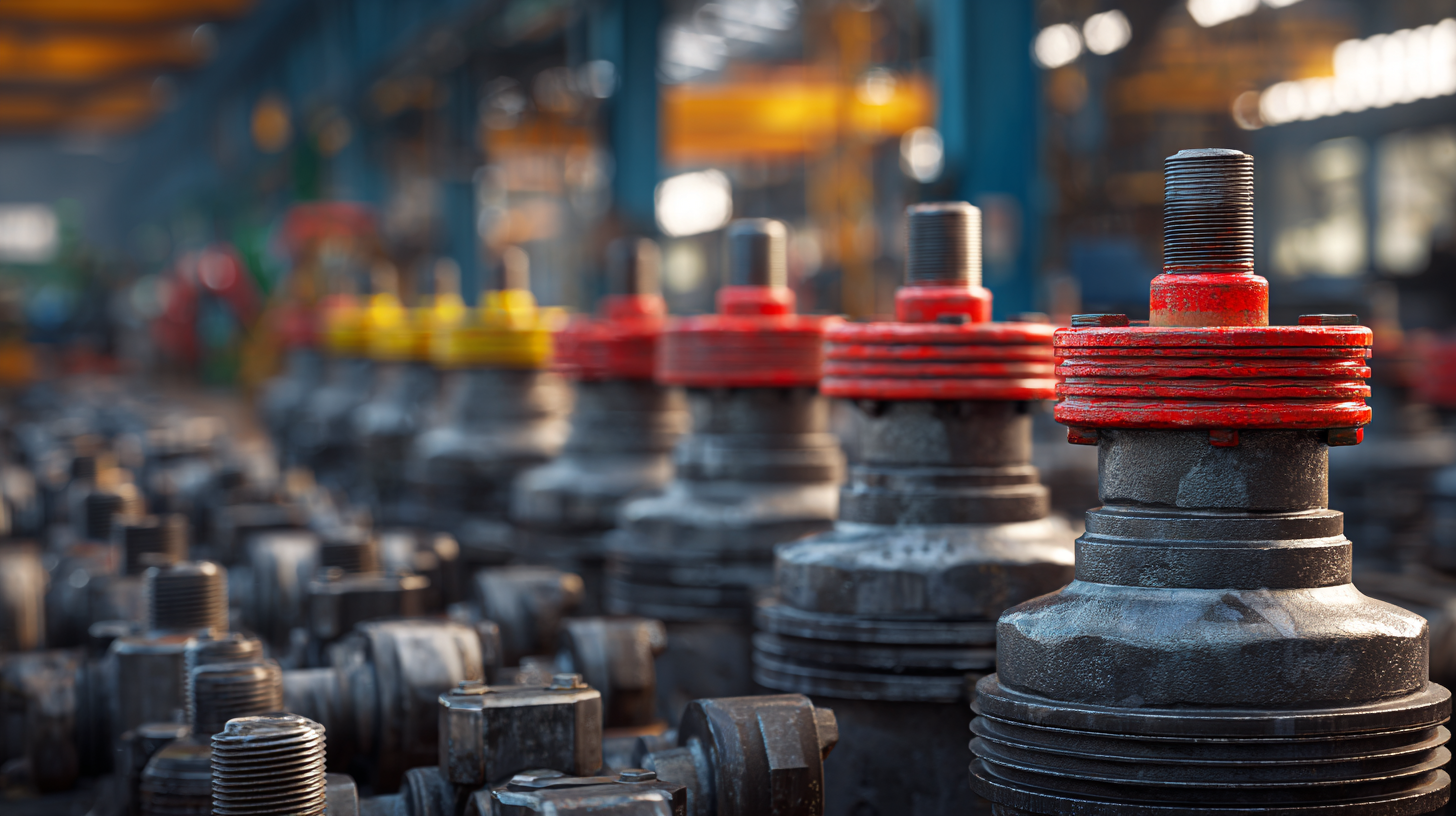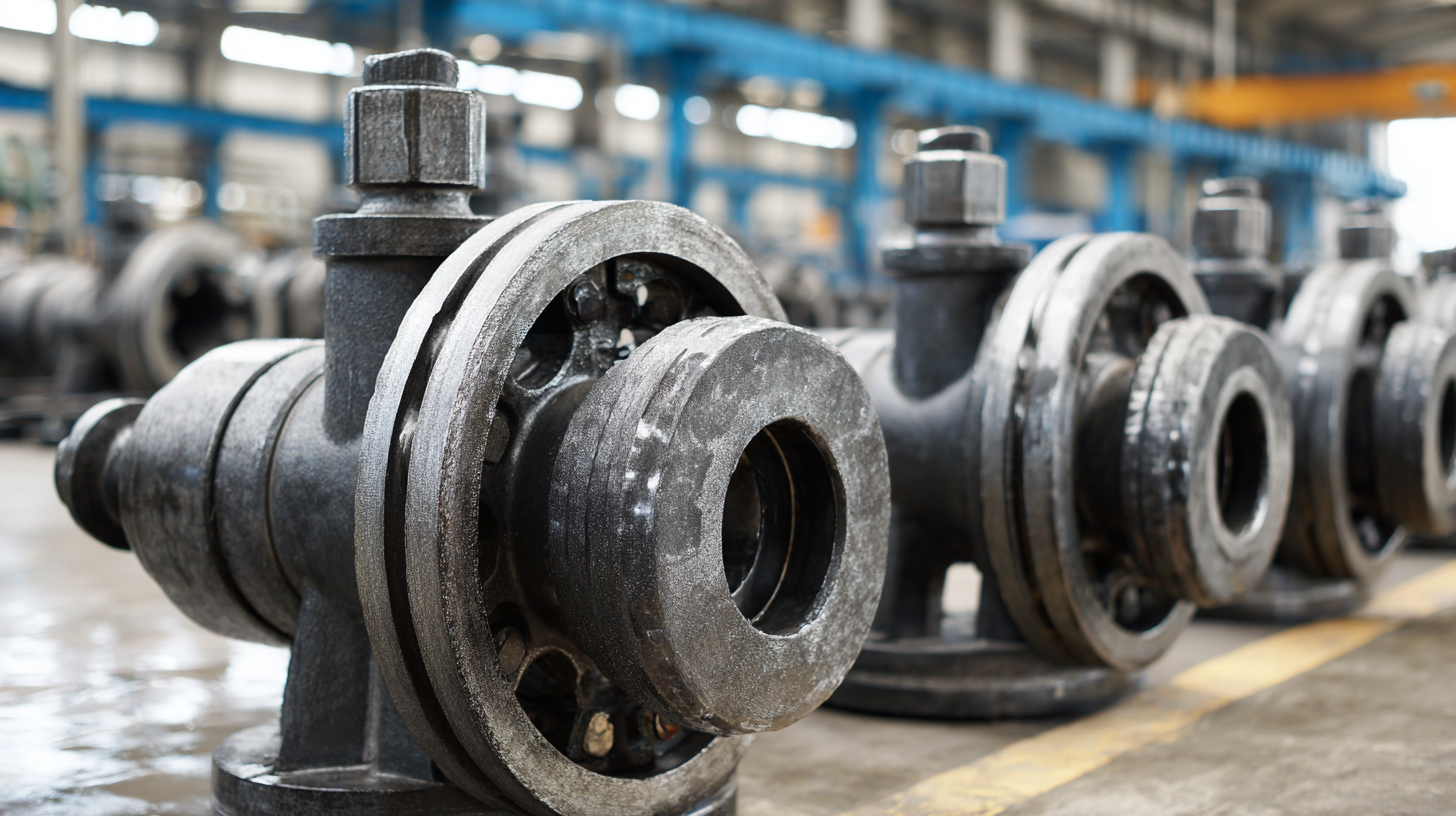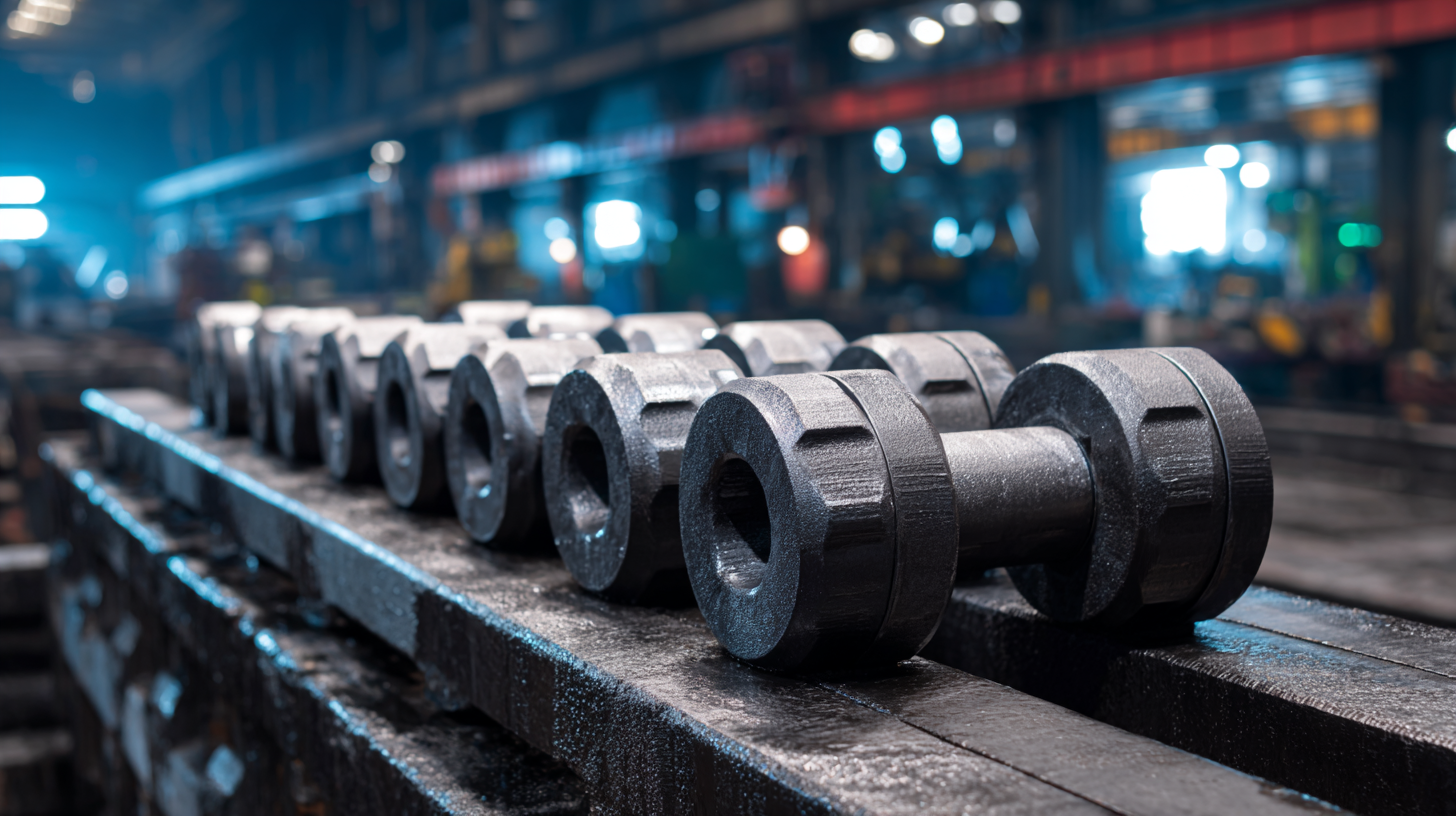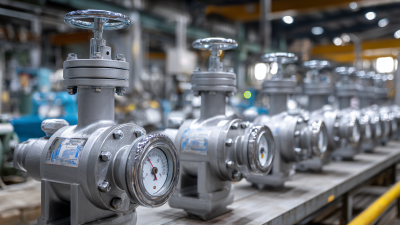+86 19720579616

+86 19720579616

 Zalo
Zalo

When it comes to selecting the appropriate components for industrial applications, one crucial decision is the choice of valves. Among the various types of valves available, Forged Steel Valves stand out for their superior strength, durability, and performance under high-pressure conditions. Understanding the unique characteristics and benefits of Forged Steel Valves is essential for engineers and procurement professionals aiming to optimize their processes and ensure safety. With numerous options on the market, navigating through the specifications, dimensions, and material grades can be daunting. This blog will guide you through the critical factors to consider when choosing the right Forged Steel Valves for your industrial needs, ensuring you make informed decisions that align with operational requirements and industry standards.

When selecting forged steel valves for industrial applications, there are several key factors to consider to ensure optimal performance and reliability. First and foremost, understanding the specific requirements of your system is crucial. Consider the operating conditions, including temperature, pressure, and the type of fluid being handled. Forged steel valves offer superior strength and durability, making them suitable for high-pressure environments, but it’s essential to match the valve material and design to the demands of your process.
Another significant aspect is the valve configuration and size. It’s important to select the right size for your pipeline to prevent issues such as leaks or system inefficiencies. Additionally, the flow direction, connection types, and whether the valve will be manual or automated can greatly impact functionality. Manufacturers offer various designs, including globe, gate, and ball valves, each serving different purposes. By carefully evaluating these factors, you can choose forged steel valves that enhance your operations and deliver long-term value.
When selecting forged steel valves for industrial applications, it's crucial to understand the different types of valves available and their specific uses. Forged steel valves are reputed for their strength and durability, making them suitable for high-pressure environments. Common types include gate valves, globe valves, and ball valves, each offering unique advantages. For instance, gate valves are excellent for on/off control, while globe valves provide effective throttling capabilities. Understanding the operational demands of your application will help determine the right type for your needs.
In addition to valve type, material composition and manufacturing process play significant roles in performance. The ongoing debate between cast and forged valves highlights how manufacturing techniques can influence durability and reliability. Forged valves, produced through a process that enhances structural integrity, are often preferred in power plants and other critical applications due to their ability to withstand extreme conditions. As industries evolve and the market for control valves expands, choosing the right forged steel valve entails not only an understanding of their types and applications but also a keen awareness of their construction and material properties.
When selecting forged steel valves for industrial applications, understanding pressure ratings and material specifications is crucial.
Pressure rating is a fundamental aspect, as it indicates the maximum pressure a valve can withstand during operation. According to the ASME B16.34 standard, these ratings are typically classified into various classes, such as Class 150, Class 300, and Class 600, depending on the pressure-temperature relationship. For instance, a Class 300 valve is designed to operate at service temperatures reaching up to 800°F and pressures of around 740 psi, making it ideal for high-pressure settings in industries like petrochemical and power generation.
Material specifications also play a vital role in ensuring valve performance and longevity. Most forged steel valves are made from materials compliant with ASTM A182, ensuring they can handle both high pressures and corrosive environments. Notably, carbon steel is favored for its strength and durability, while alloys like ASTM A182 F316 offer corrosion resistance in marine and chemical processing applications. According to a recent report by MarketsandMarkets, the global valve market, including forged steel variants, is projected to grow to USD 93.8 billion by 2025, underscoring the increasing demand for tailored specifications that meet stringent industrial requirements. Proper alignment with these technical parameters not only enhances operational efficiency but also safeguards against costly downtime.
When it comes to ensuring the longevity of forged steel valves in industrial applications, proactive maintenance is crucial. Regular visual inspections should be part of your routine, allowing you to identify any signs of wear, corrosion, or leaks early on. Establish a schedule for checking the valve body, actuator, and seals, as any minor issues can lead to more significant problems if not addressed promptly. Additionally, keeping record logs of these inspections can help in tracking the performance and condition of your valves over time.
Another essential tip is to ensure that the valves are operated within their specified pressure and temperature ratings. Excessive stress on the valves can lead to premature failure. It’s also advisable to implement regular cleaning protocols to prevent build-up of debris or contaminants that could impair function. Utilizing the appropriate lubricants as recommended by the manufacturer can also enhance the valve’s performance and extend its operational lifespan. By adhering to these maintenance strategies, industries can maximize the efficiency and durability of forged steel valves, ensuring they remain reliable components in critical systems.

When selecting forged steel valves for industrial applications, assessing the quality and reliability of the manufacturing process is crucial. High-quality valves are typically crafted from superior materials, which not only enhance their durability but also ensure they can withstand extreme pressure and temperature conditions. Look for manufacturers that implement stringent quality control measures, such as adherence to industry standards like ASTM and API. This commitment to quality often results in products that exhibit lower failure rates, translating to reduced downtime and maintenance costs for your operations.
Another pivotal factor in evaluating the reliability of forged steel valve manufacturers is their track record and reputation within the industry. Companies with a long-standing presence often have a wealth of experience and are more likely to provide reliable products that meet specific operational requirements. Customer testimonials and case studies can give valuable insights into the performance of their valves in real-world applications. Moreover, it’s beneficial to inquire about the manufacturer’s certifications and testing procedures, as these elements reflect their commitment to delivering high-quality safe products that can perform effectively under various industrial conditions.








